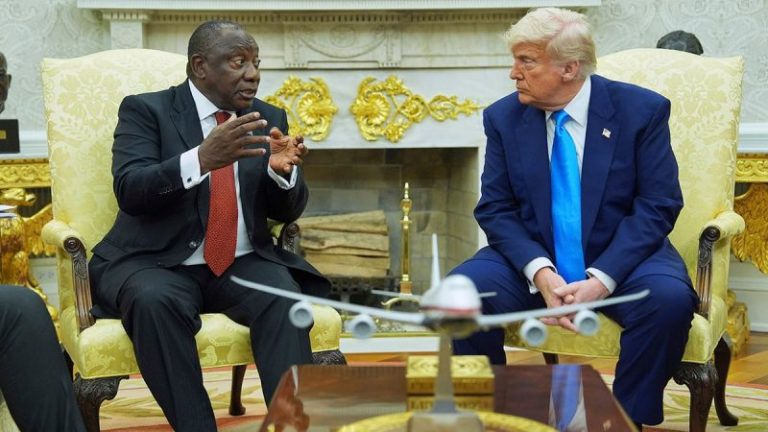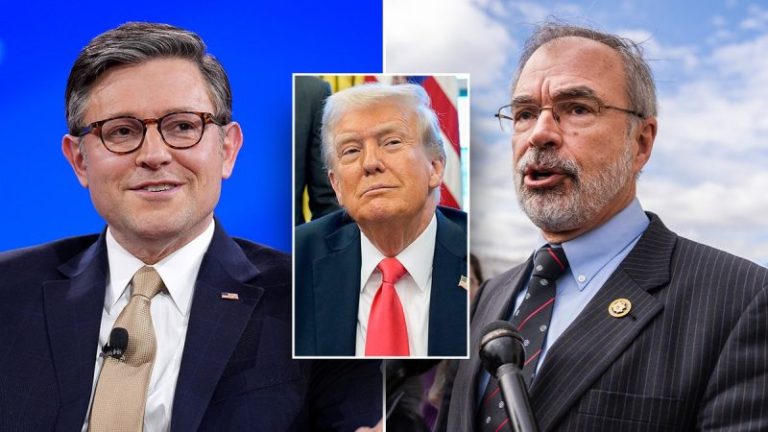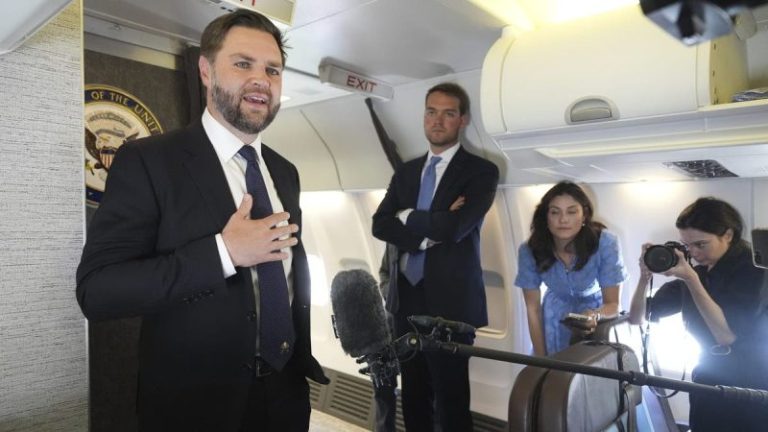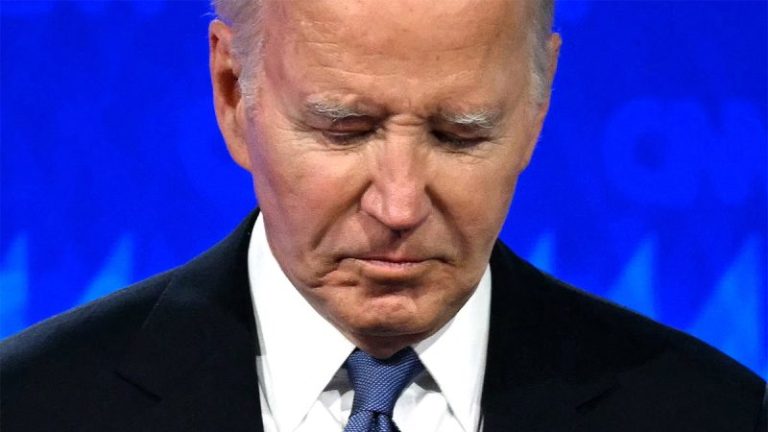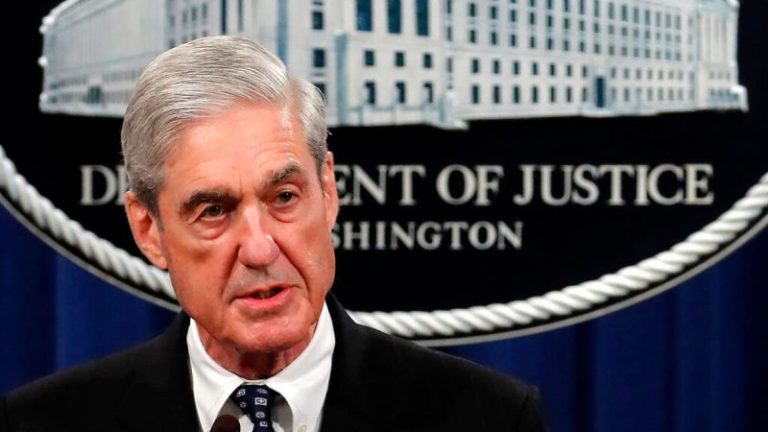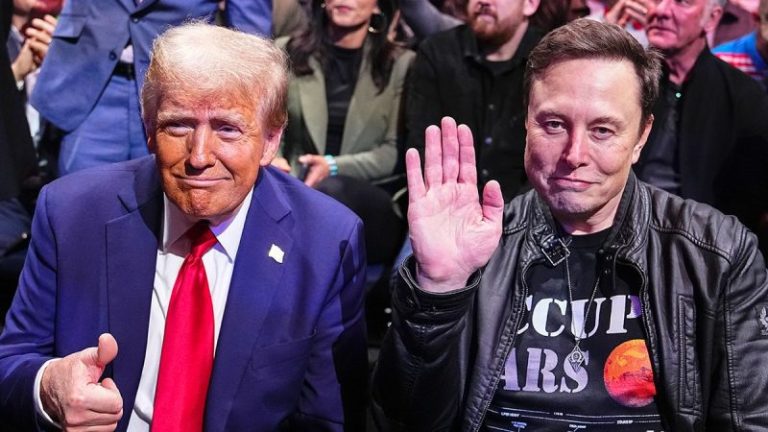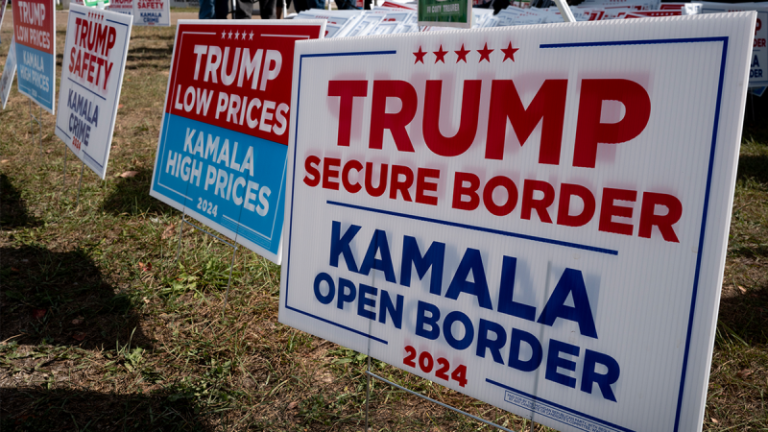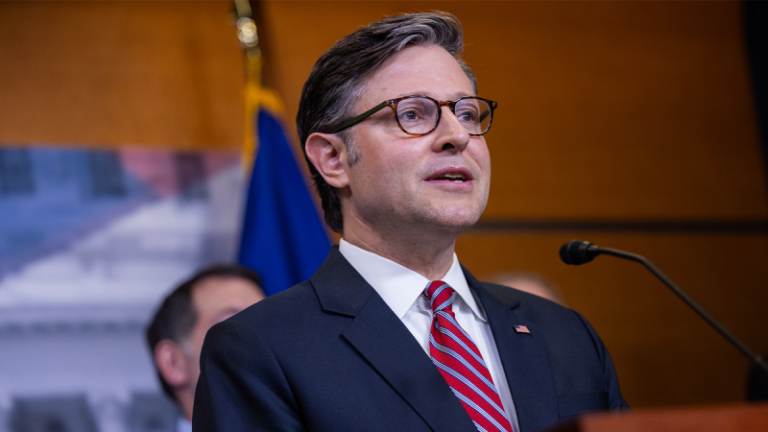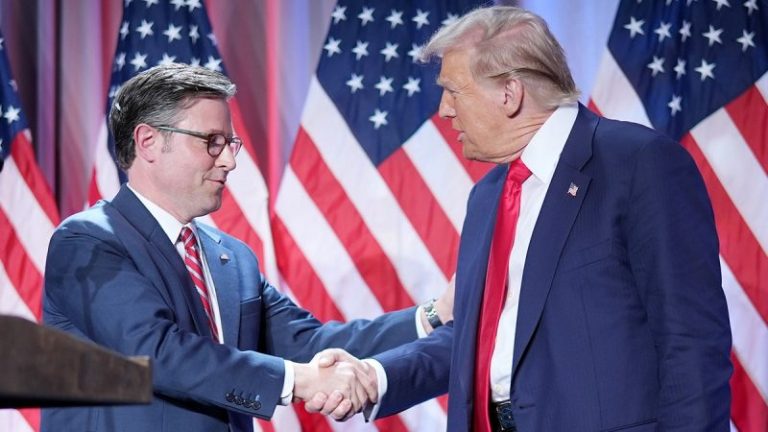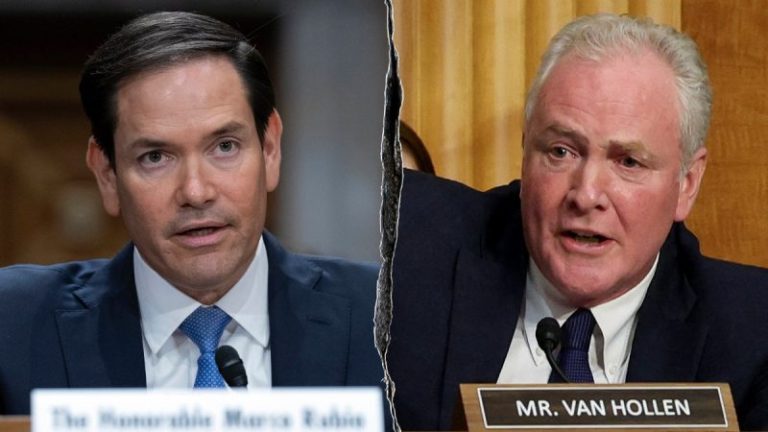It’s the first time in nearly a decade that a special counsel is not investigating something related to a sitting or former president, but the remnants and revelations of past special counsel probes continue to break through the news cycle.
Every attorney general-appointed special counsel since 2017 has now released their reports, issued their indictments, received their verdicts, shuttered their offices, disassembled their teams and returned to their government or private sector roles.
Essentially, they’ve all moved on.
First, in 2017, there was Special Counsel Robert Mueller, who was investigating whether members of the first Trump campaign colluded with Russia to influence the 2016 election.
Then, in 2019, there was Special Counsel John Durham, who was investigating the origins of the Mueller investigation and the original FBI probe into then-candidate Donald Trump and his campaign.
Soon, it was 2022, and Special Counsel Jack Smith began investigating then-former President Trump for his alleged improper retention of classified records held at his Mar-a-Lago residence in Florida after his presidency. Smith also began investigating events surrounding the 2020 election and the Jan. 6, 2021, Capitol riot.
Next up, in 2023, Special Counsel Robert Hur was appointed and began investigating now-former President Joe Biden’s alleged improper retention of classified records, which occurred during his vice presidency as part of the Obama administration.
Later in 2023, David Weiss, who had served as U.S. attorney in Delaware and had been investigating Hunter Biden since 2018, was appointed special counsel to continue his yearslong investigation into the now-former first son.
At this point, those investigations have all come to their resolutions: Mueller, in 2019, found there was no collusion; Durham, in 2022, found that the FBI ignored ‘clear warning signs’ of a Hillary Clinton-led plan to inaccurately tie her opponent to Russia using politically funded and uncorroborated opposition research; Smith, in 2022, charged Trump but had those charges tossed; Hur, in 2023, opted against charging Biden; Weiss, in 2023, charged Hunter Biden, who was convicted and later pardoned by his father.
But the curiosity surrounding those investigations that dominated headlines for the better part of a decade remains, largely because of so many loose ends and the prevalence of unanswered questions.
A trickle, sometimes more like a flood, of information and news related to those probes continues to seep into the news cycle.
On Friday night, audio of Biden’s interview with Hur was made public. Hur closed his investigation in 2024 without charging the then-president and infamously described him as a ‘sympathetic, well-meaning elderly man with a poor memory.’
Some congressional lawmakers had demanded the release of the audio of Biden’s interview amid questions about the former president’s memory lapses and mental acuity.
The audio – as expected, based on the transcript of the interview released in 2024 – showed Biden struggling with key memories, including when his son, Beau, died; when he left the vice presidency; and why he had classified documents he shouldn’t have had.
In a throwback to another special counsel investigation, the United States Secret Service last week paid a visit to former FBI Director James Comey after he posted a now-deleted image on social media that many interpreted as a veiled call for an assassination of Trump.
Comey on Thursday posted to Instagram an image of seashells on the beach arranged to show ’86 47′ with the caption, ‘Cool shell formation on my beach walk.’
Some interpreted it as a coded message, with ’86’ being slang for ‘get rid of’ and ’47’ referring to Trump, who is the 47th president.
Comey later deleted the post and wrote a message that said, ‘I didn’t realize some folks associate those numbers with violence. It never occurred to me but I oppose violence of any kind so I took the post down.’
Comey was the FBI director who, in 2016, allowed the opening of the bureau’s original Trump-Russia investigation, known inside the FBI as ‘Crossfire Hurricane.’ Trump fired Comey in May 2017. Days later, Mueller was appointed as special counsel to take over that investigation, thus beginning the string of special counsels.
Durham investigated the origins of the FBI probe and found that the FBI did not have any actual evidence to support the start of that investigation. Durham also found that the CIA, in 2016, received intelligence to show that Hillary Clinton had approved a plan to tie then-candidate Trump to Russia; intelligence that the FBI, led by Comey, ignored.
On July 28, 2016, then-CIA Director John Brennan briefed then-President Barack Obama on a plan from one of Clinton’s campaign foreign policy advisers ‘to vilify Donald Trump by stirring up a scandal claiming interference by the Russian security service.’
Biden, Comey, former Attorney General Loretta Lynch and former Director of National Intelligence James Clapper were in the Brennan-Obama briefing, according to the Durham report.
After that briefing, the CIA properly forwarded that information through a counterintelligence operational lead (CIOL) to Comey and then-Deputy Assistant Director of Counterintelligence Peter Strzok with the subject line ‘Crossfire Hurricane.’
Fox News first obtained and reported on the CIOL in October 2020, which stated, ‘The following information is provided for the exclusive use of your bureau for background investigative action or lead purposes as appropriate.’
‘Per FBI verbal request, CIA provides the below examples of information the CROSSFIRE HURRICANE fusion cell has gleaned to date,’ the memo continued. ‘An exchange (REDACTED) discussing US presidential candidate Hillary Clinton’s approval of a plan concerning US presidential candidate Donald Trump and Russian hackers hampering US elections as a means of distracting the public from her use of a private email server.’
By January 2017, Comey had notified Trump of a dossier, known as the Steele dossier, that contained salacious and unverified allegations about Trump’s purported coordination with the Russian government, a key document prompting the opening of the probe.
The dossier was authored by Christopher Steele, an ex-British intelligence officer, and commissioned by Fusion GPS. Clinton’s presidential campaign hired Fusion GPS during the 2016 election cycle.
It was eventually determined that the Clinton campaign and the Democratic National Committee funded the dossier through the law firm Perkins Coie.
Durham, in his report, said the FBI, led by Comey, ‘failed to act on what should have been – when combined with other incontrovertible facts – a clear warning sign that the FBI might then be the target of an effort to manipulate or influence the law enforcement process for political purposes during the 2016 presidential election.’
But that intelligence referral document is just one of many that tells the real story behind the investigation that clouded the first Trump administration.
And Trump has taken steps to ensure the American public has full access to all the documents.
Trump, in late March, signed an executive order directing the FBI to immediately declassify files concerning the Crossfire Hurricane investigation.
The FBI is expected to release those documents in the coming weeks.
As for the other special counsels, Smith recently had his own moment in the news cycle.
FBI Director Kash Patel on Thursday disbanded a public corruption squad in the bureau’s Washington field office. That was the same office that aided Smith’s investigation into Trump.
As for Weiss, after the release of the Biden audio tapes calling further into question the former president’s mental acuity, some, including Trump, are now calling for a review of the pardon of Hunter Biden.
Hunter Biden was found guilty of three felony firearm offenses stemming from Weiss’ investigation. The first son was also charged with federal tax crimes regarding the failure to pay at least $1.4 million in taxes. Before his trial, Hunter Biden entered a surprise guilty plea. The charges carried up to 17 years behind bars. His sentencing was scheduled for Dec. 16, 2024, but his father, then-President Biden, pardoned him on all charges in December 2024.
Trump alleged in a Truth Social post in March that former President Biden’s pardons were ‘void’ due to the ‘fact that they were done by Autopen.’
‘The ‘Pardons’ that Sleepy Joe Biden gave to the Unselect Committee of Political Thugs, and many others, are hereby declared VOID, VACANT, AND OF NO FURTHER FORCE OR EFFECT, because of the fact that they were done by Autopen,’ Trump wrote.
‘In other words, Joe Biden did not sign them but, more importantly, he did not know anything about them! The necessary Pardoning Documents were not explained to, or approved by, Biden. He knew nothing about them, and the people that did may have committed a crime,’ Trump added.
Weiss, in his final report, blasted then-President Biden’s characterizations of the probe into Hunter Biden, which Weiss said were ‘wrong’ and ‘unfairly’ maligned Justice Department officials. He also said the presidential pardon made it ‘inappropriate’ for him to discuss whether any additional charges against the first son were warranted.
This post appeared first on FOX NEWS

